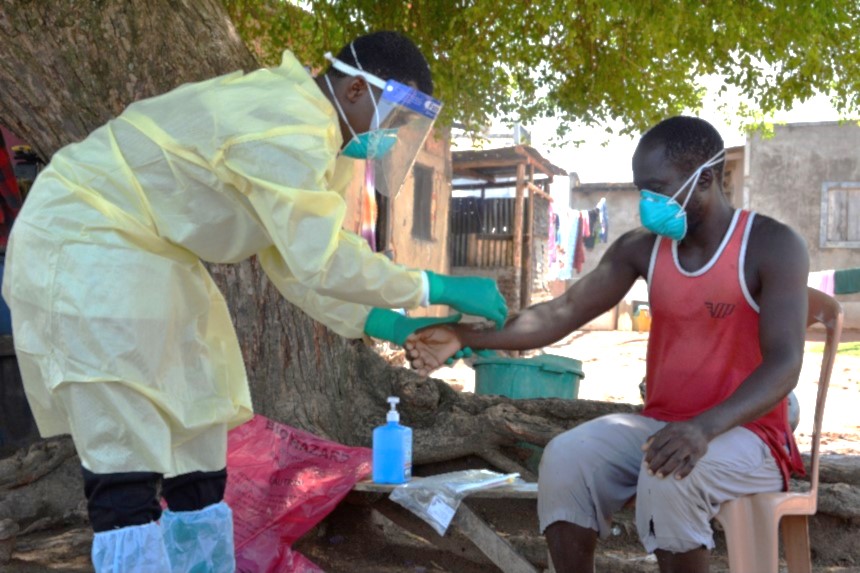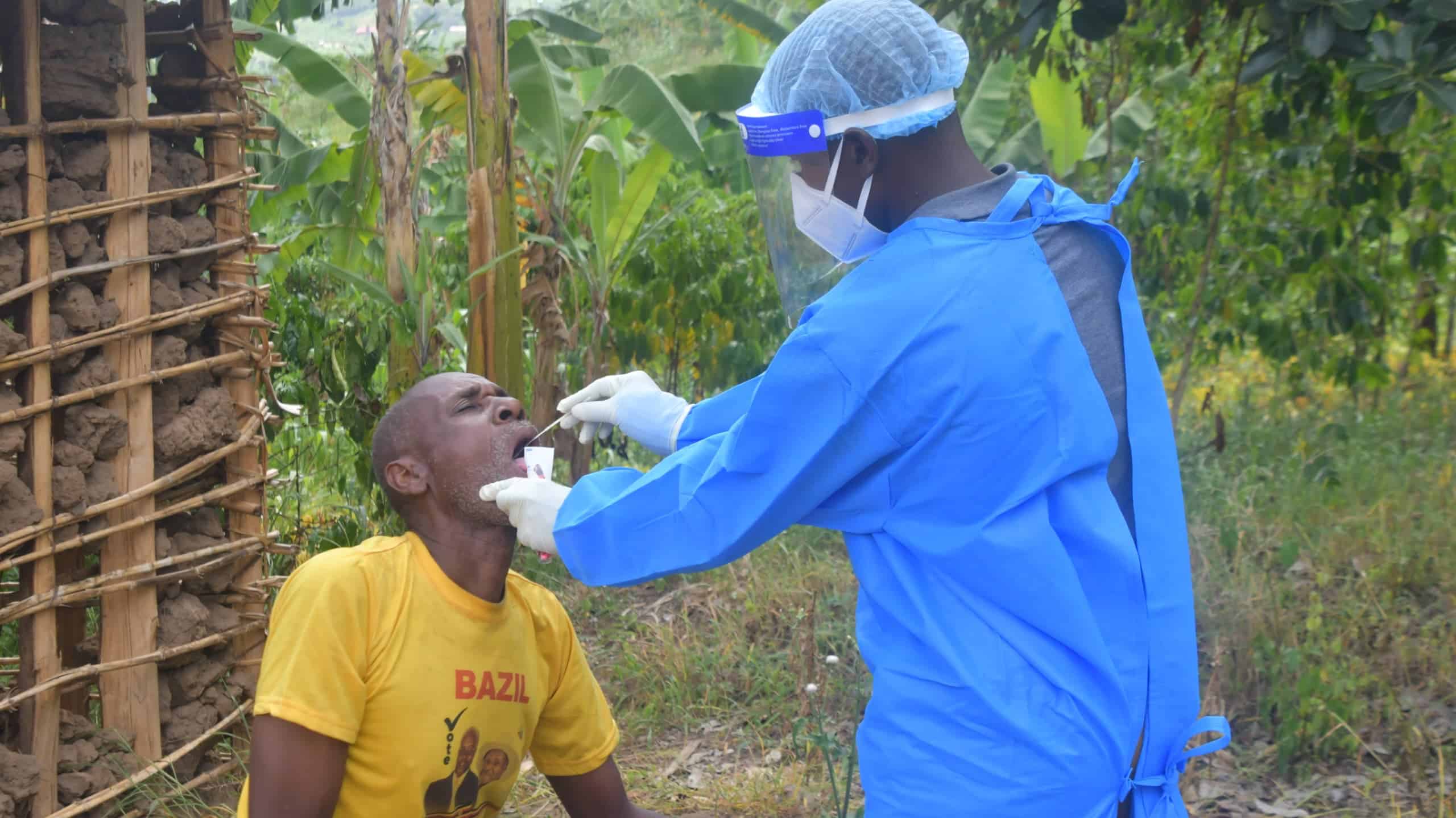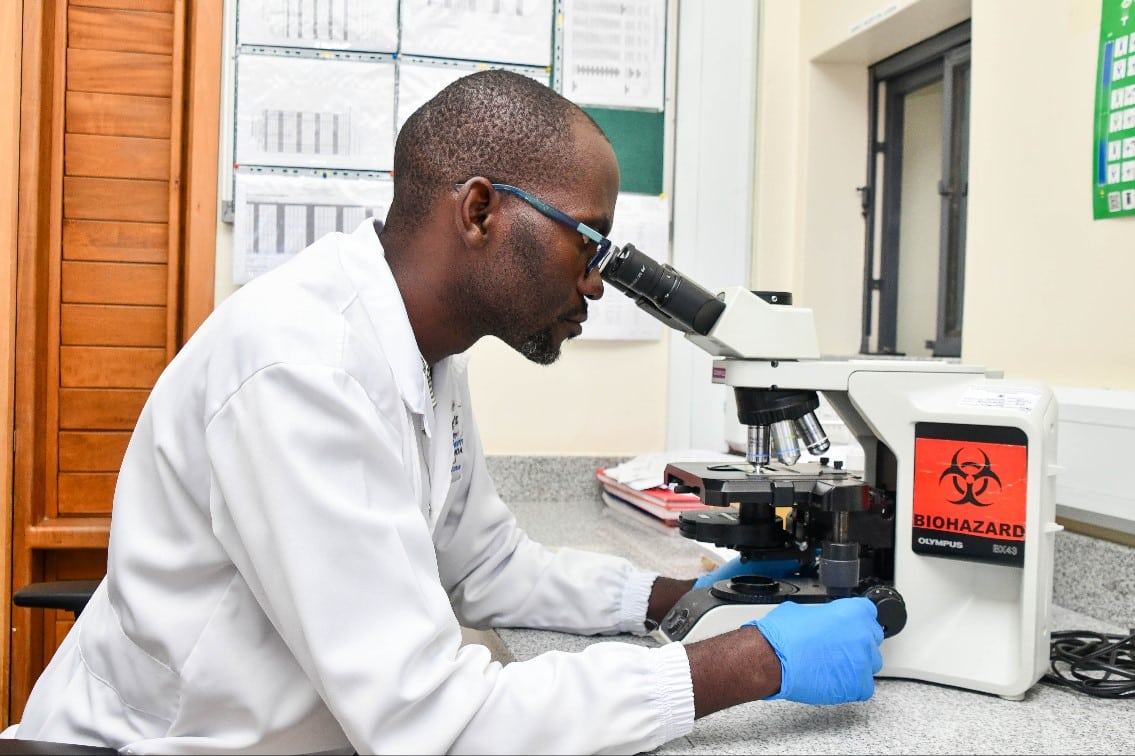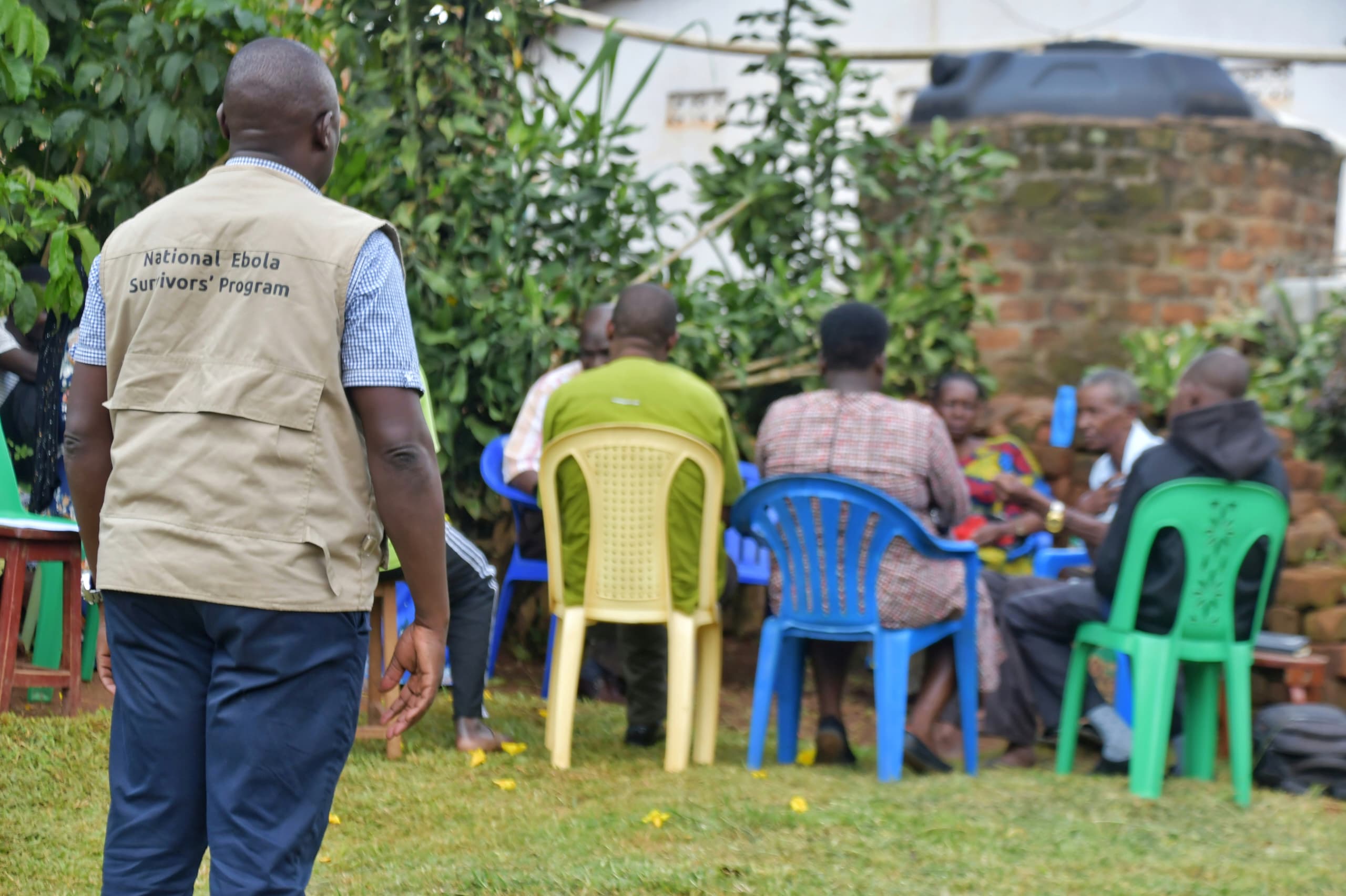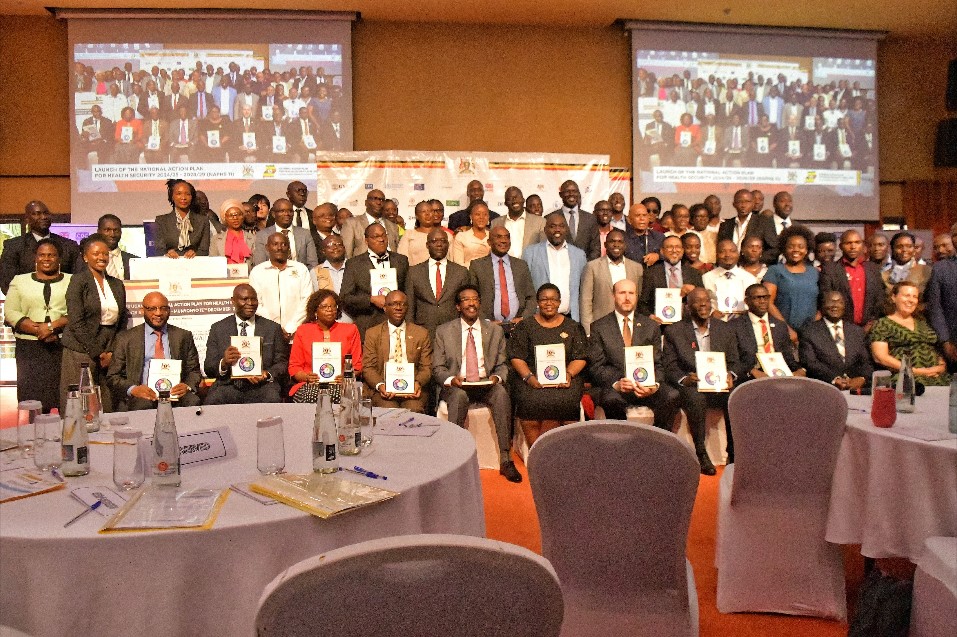As part of Uganda’s national Mpox response, Baylor Foundation Uganda (BFU) supported the Ministry of Health in 16 of the 69 affected districts—accounting for 68% of reported Mpox cases. This work was supported by the UK Foreign, Commonwealth & Development Office (FCDO).
Our Response Strategy
In addition to the Mpox response, BFU contributed to the national preparedness for Sudan Virus Disease (SUDV). Our interventions focused on:
- Strengthen coordination at the national and regional levels for Mpox response
- Enhance surveillance for early detection and reporting in high-risk populations
- Improve risk communication and community engagement (RCCE)
- Strengthen surveillance at Points of Entry (POE) for Mpox detection and reporting.
Implementation Regions
- Kampala Metropolitan (5 divisions)
- Mukono
- Rwenzori Region (2 districts)
- Hoima Region (7 districts)
- Mubende Region (5 districts)
Key Achievements
- 2,659/500 community resource persons oriented on Mpox messaging
- 23 community dialogue meetings conducted
- 1,188 school sensitization events conducted
- 373,639 persons reached in the communities with Mpox messaging
- 396 District Rapid Response Team members oriented (152% of target)
- 896 health facilities supported through IPC and Mpox training (224% of target)
- 50,000 IEC materials distributed across districts
- 989 schools sensitized (99% of target)
- 200 Trainers of Trainers oriented from 16 refugee-hosting districts (133% of target)
- 1,965 Village Health Teams (VHTs) trained (79% of target)
- 7 community engagement meetings conducted (64% of target)
- 32 Sub-County taskforces activated (40% of target)
- 16 community dialogues conducted (16% of target)
- 643 schools from 7 of 9 districts sensitized (64% of target)
Baylor Foundation Uganda remains committed to strengthening Uganda’s public health emergency response and building resilient health systems nationwide.
